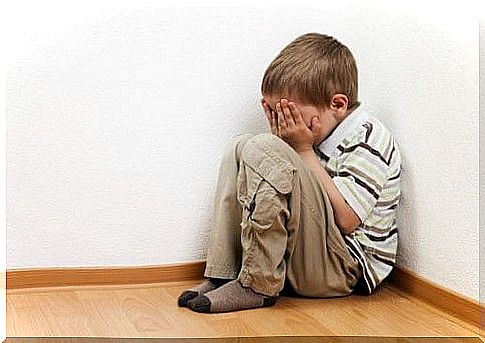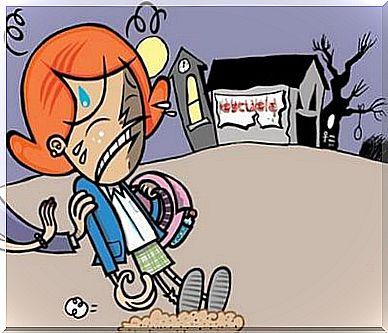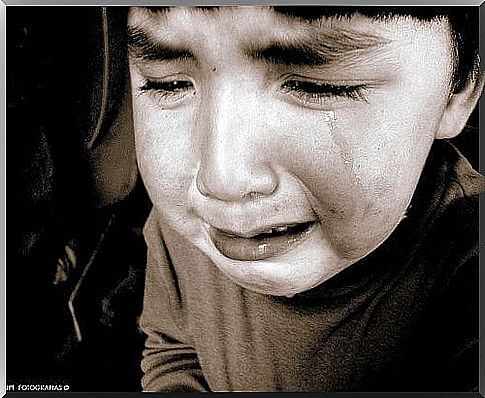School Phobia, Fear Of Going To School

Many children have a hard time adjusting to school life, especially when they return from vacation or it is their first time; However, some find it difficult to overcome it to the point of being considered a school phobia. Being afraid to go to school can be considered normal, but it is not when it exceeds the limits of reason.
Professionals are concerned that the problem of school phobia cannot be identified, because it is a serious situation that needs to be treated in a timely manner. Parents are hardly willing to be light on their children not wanting to go to school, which can end up being a sad injustice.
Sometimes the fear of going to school can be motivated by problems within the school environment, the child may not feel comfortable with his classmates or teachers. In the same way, it is possible that bullying episodes are taking place or that the child has a learning problem; However, excessive and unfounded fear can be a sign of phobia.
Fear, rejection or school phobia?

Therapists explain that children have many ways of expressing their natural difficulty adjusting to routines and social activities. For example, childhood fear is part of an evolutionary process determined by various elements, it is about cognitive, behavioral and physiological adaptation.
For children to express fear when they have to adjust to school is normal and an expression of survival. In some way, their fears are justified, as they are forced to withdraw from their routines, to move away from the comfort of home and to start a relationship with strangers.
There is also school refusal, which is another manifestation of dissatisfaction with the environment, sometimes related to emotional factors, such as depression and anxiety. In this sense, rejection is given especially by the effort to remain in school, the factors that influence rejection are diverse according to each behavior and among them is social and school phobia.
Psychologists explain that prolonged fear or rejection is cause for concern, as it could be a school phobia. As we know, phobias are distinguished from fears, because in some way the latter are normal; However, when a pathological process intervenes that turns it into “clinical fear”, then we begin to speak of phobia.
The phobia is given by various factors, it is characterized mainly by being disproportionate, irrational and involuntary. That is, people who suffer from a specific phobia do not control their fear and manifest it with great intensity in any environment where it occurs, in addition, by all means they avoid exposing themselves to the feared situation.
How does school phobia manifest?

Not all cases of fear of going to school can be considered a phobia, in general these fears or the typical rejection are transitory. So, the clearest sign that we are in the presence of school phobia is that the child has not been able to overcome this fear for a long time; Furthermore, it must be evidenced by psychophysiological, cognitive, behavioral or motor responses.
Psychophysiological responses are related to those factors that affect the nervous system, that is, the child may begin to physically suffer the effects of his fear ; where rapid heartbeat, sweating, paleness, abdominal pain or nausea are the most common. This type of manifestation occurs in the sympathetic autonomic system as a product of the nervousness caused by the phobia, it is an involuntary state in the child.
Cognitively it manifests itself through a reasonable and mature position of what happens to it; that is, the child can explain his fear of school, reason about situations that cause fear, but without much objectivity. This response is able to create images of school situations that frighten him, which he can express verbally with clarity.
When the phobia manifests itself through a behavioral or motor response , the child resists going to school in a violent physical way. There may be cases where a tantrum is generated, an impulse to retreat or escape situations, this response, like the others, tends to be very negative.
School phobia is triggered by various factors, but usually there are no real reasons ; that is, the child may become afraid of things that are not happening to him. It is understood that the incidence rates are between 5% and 15%, especially when there is a change in the academic cycle in ages between six and eleven years old.









